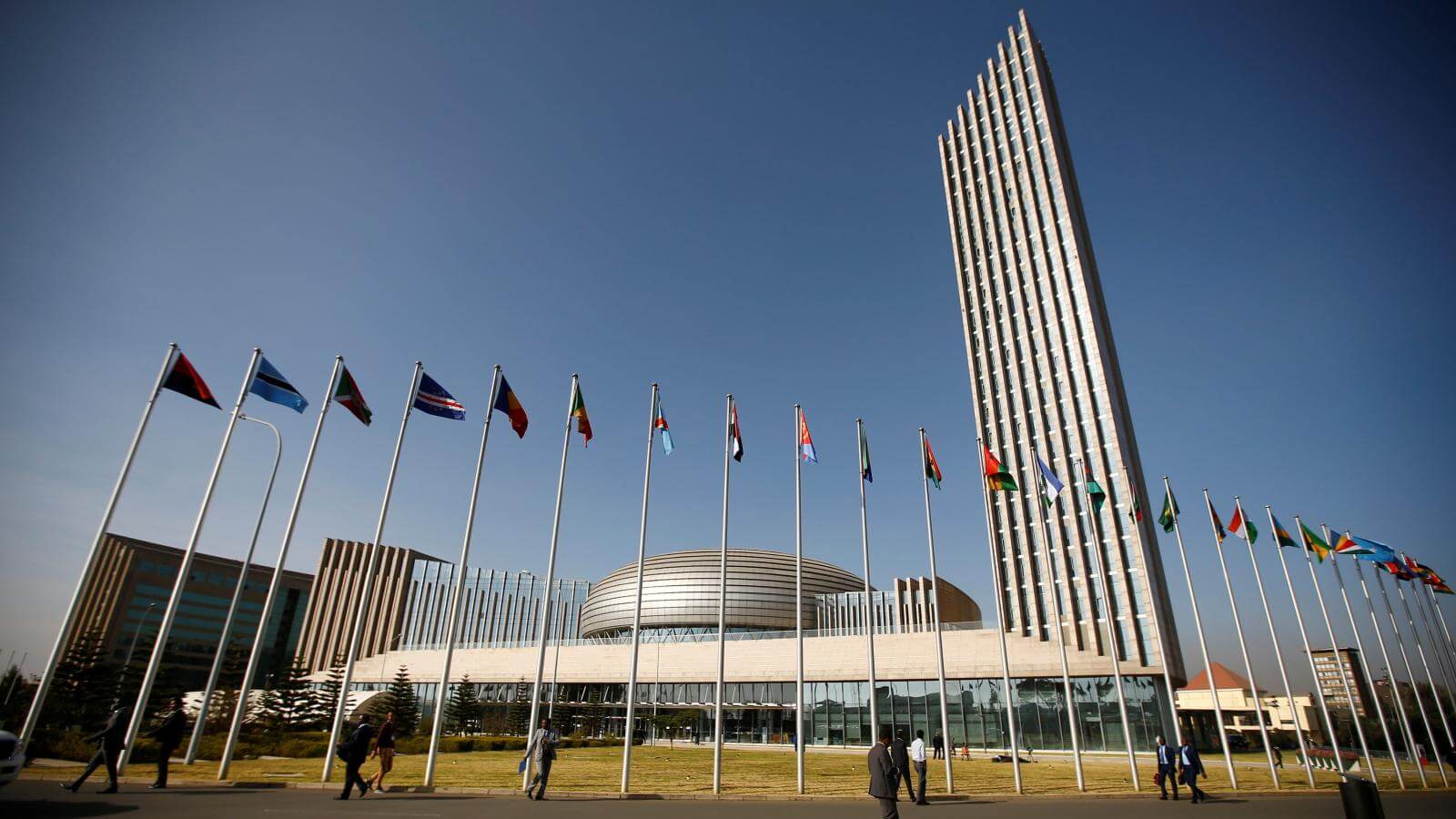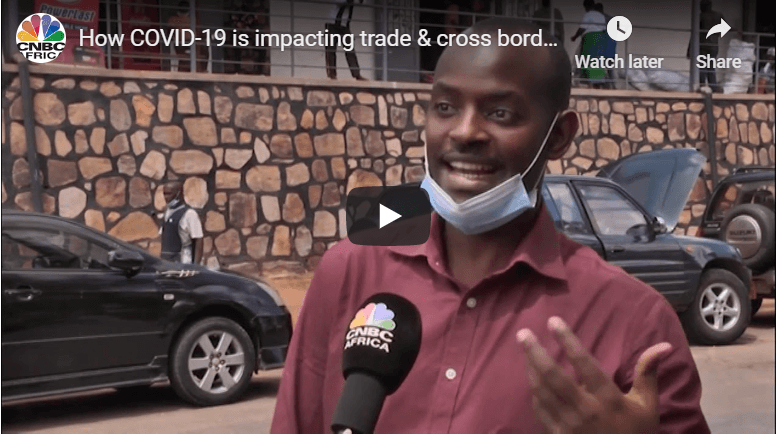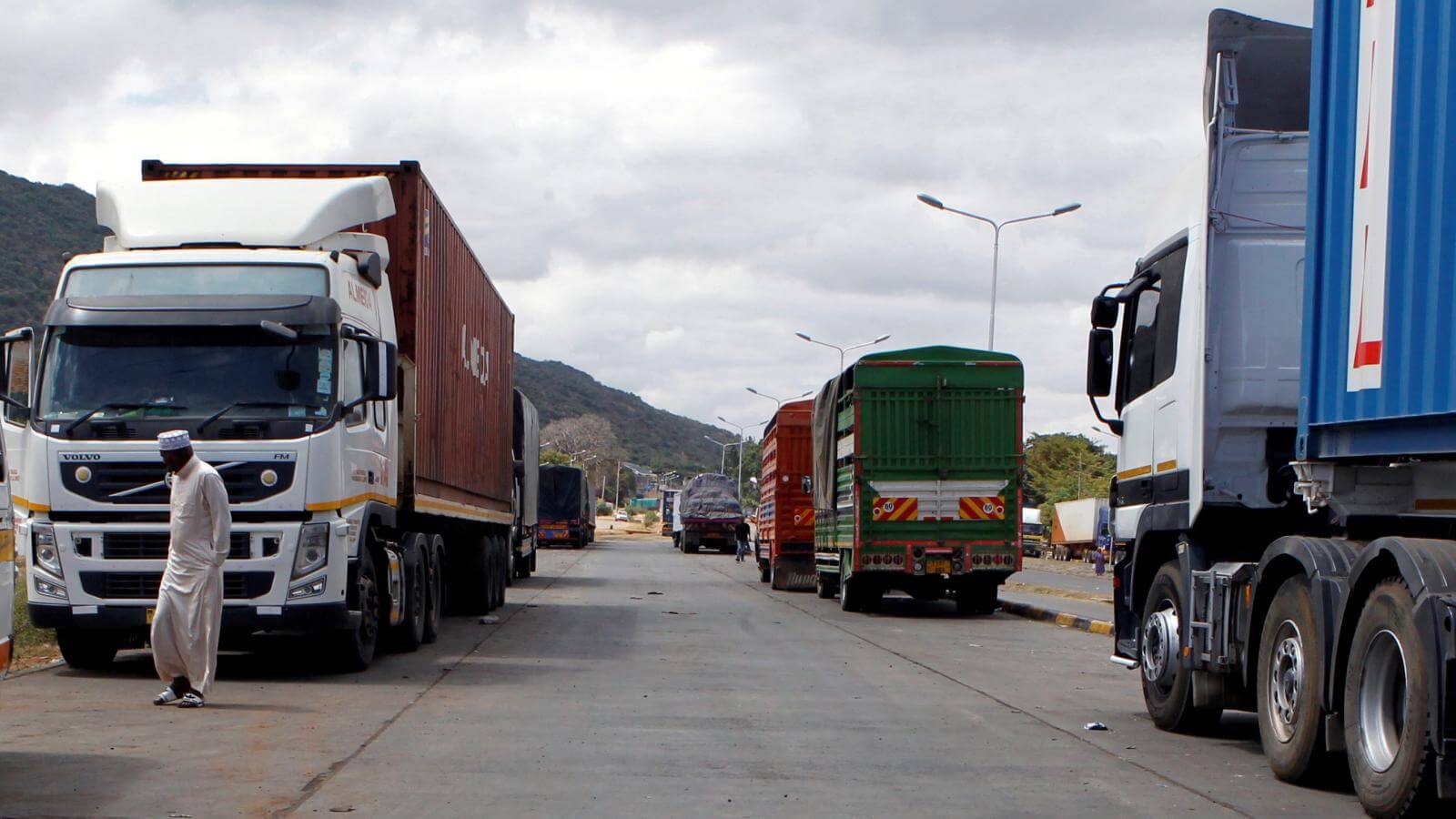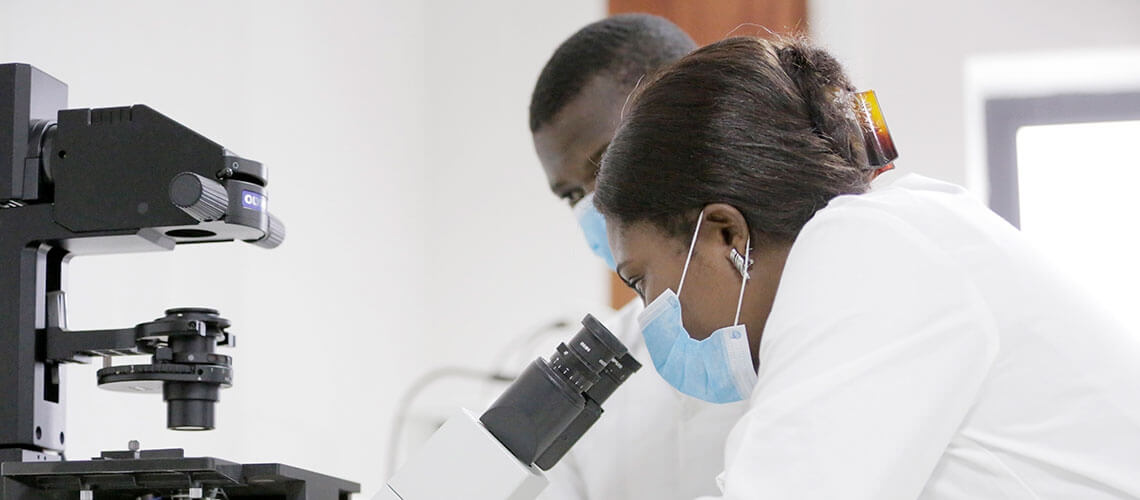DAR ES SALAAM, May 27 (Xinhua) -- The Southern African Development Community (SADC) senior officials on Wednesday urged members of the regional bloc to remove trade barriers to boost economy in the region. Wilbert Ibuge, Tanzania's Permanent Secretary in the Ministry of Foreign Affairs and East African Cooperation, said the appeal to remove trade barriers among SADC members was made by SADC Council of Ministers permanent secretaries at the start of their three-day video conference meeting. Ibuge, who chaired the meeting, told a news conference in the business capital Dar es Salaam that the officials agreed that SADC member states should open their borders wide to ease trade amongst them with a combined population of about 345 million. "The permanent secretaries from the SADC felt that it was high time the member states enhanced their trade cooperation in order to improve economic and trade growth in the region," said Ibuge. He said the three-day meeting that ends on Friday will, among others, review the implementation of SADC's theme for 2019/2020 "A Conducive Environment for Inclusive and Sustainable Industrial Development, Increased Intra-Regional Trade and Job Creation". Tanzania is the current chair of the SADC, an inter-governmental organization established in 1992 to further socio-economic cooperation and integration as well as political and security cooperation among 16 southern African countries. Enditem Source: Xihuanet
SADC urges members to remove trade barriers to boost economy
Posted on: May 29, 2020
Posted on: May 29, 2020






















